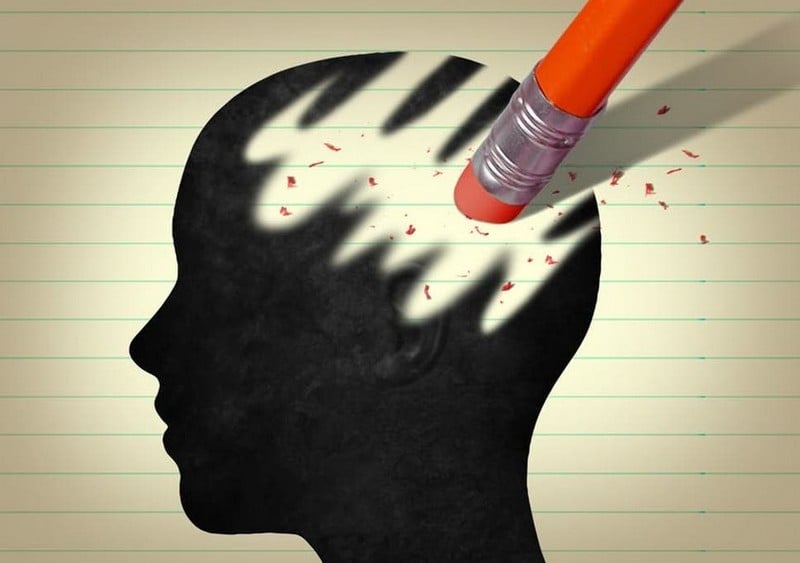Dreams have fascinated mankind since we first gained the ability to say “hey, what did you dream last night?” They can feel realistic or be downright absurd, reference your daily life or just reference nothing at all. Some people would find deeper, hidden meanings in the analysis of dreams, but that’s not what we’re here to do.
While we don’t particularly care for what we dream or how we dream, today we’re going to dive a bit deeper into why we dream.
Mental Health
Unless you have severe nightmares or sleep paralysis, dreams have a positive effect on our mental wellbeing. They can reduce anxiety and depression, which seems like a pretty good deal. Note that it doesn’t make you immune to these conditions, but at least you’ll generally be happier and more stress free.

Concentration
Dreaming helps us sort of reset the brain, which has positive effects on our concentration and coordination. This will allow us to be more productive and focused during the day, which will probably make your boss very happy.

Weight
While this may sound weird, research has shown that people that weren’t allowed to dream actually gained more weight than people that were. While this doesn’t mean that sleeping is now a viable diet, it does mean that sleep and dreaming has a positive effect on your metabolism.

Sanity
Not being allowed to dream or not being able to dream can actually increase a tendency to hallucinate. Since the process that creates dreams in the brain is pretty similar to actual hallucinations, this makes perfect sense.

Processing Emotions
The most important function of dreams seems to be to help us deal with emotions we’ve experienced during the day. Nothing can help you get over a difficult situation like a good night’s sleep with some very vivid dreaming involved. That or a few drinks of alcohol. I guess it’s whatever you prefer.

Incorporating Memories
Sleeping, and dreaming in particular, is our body’s main consolidation process. This means that it allows us to save everything to our hard drive, so to speak. So remember: a night out isn’t where memories are made – the dreaming after it is where memories are made. Literally.

Learning
Our brain, and therefore our dreams, are where we can safely prepare for unknown situations. Some theories seem to suggest that dreaming allows us to prepare for these situations by going through them in a dream and learning to deal with them before they actually happen. And while that does sound a bit farfetched, imagine how cool it would be if we could somehow manipulate this? We’d be able to learn anything!















+ There are no comments
Add yours